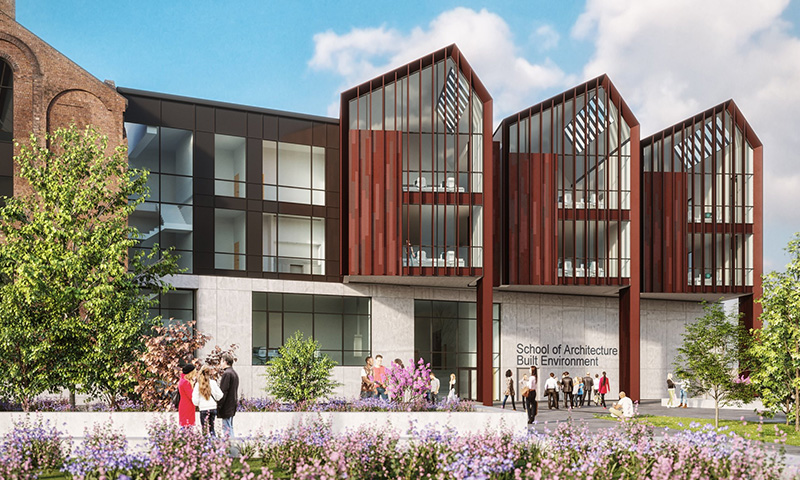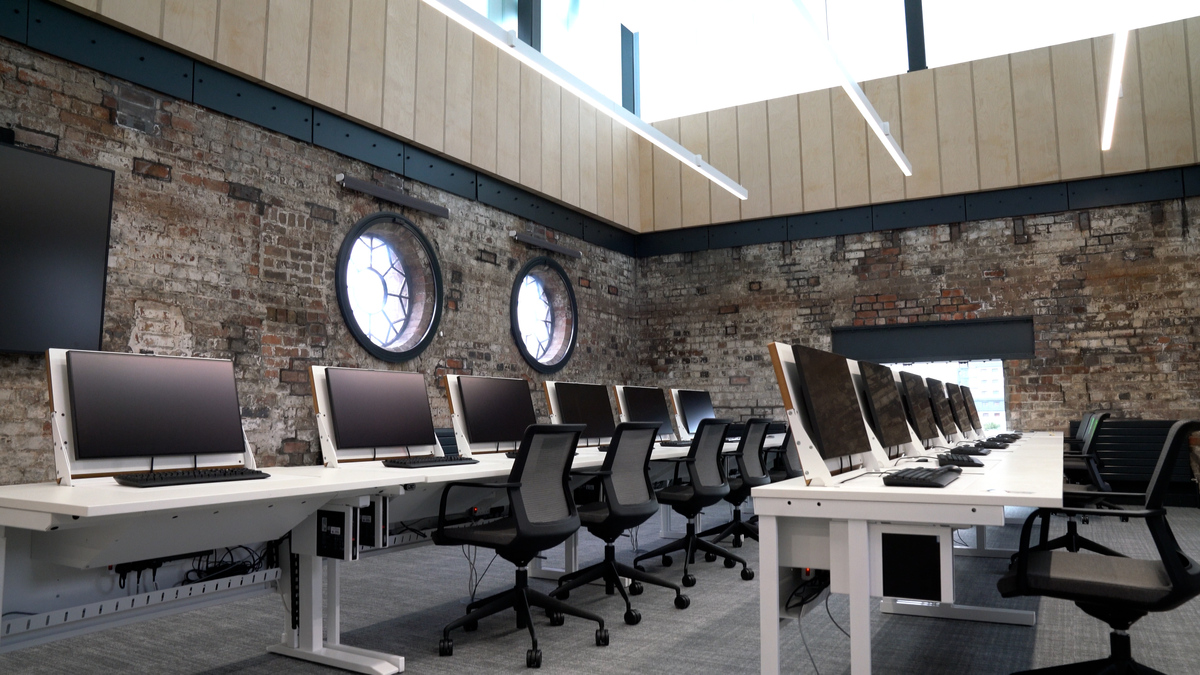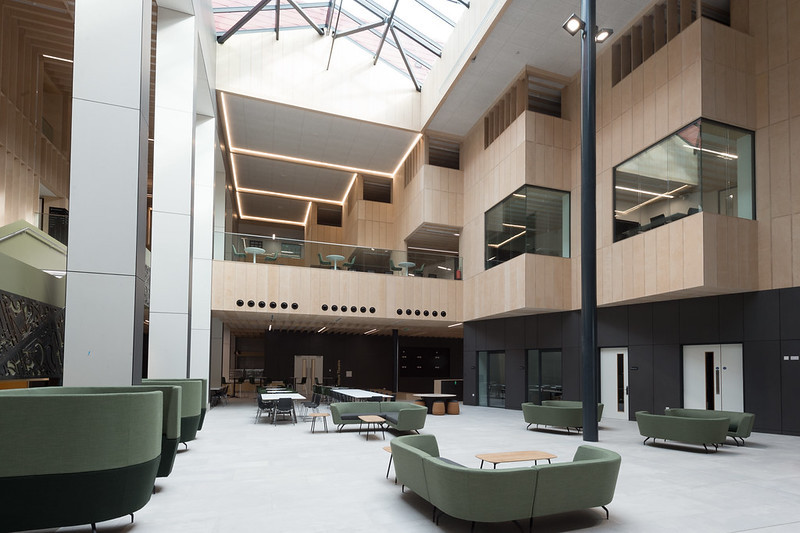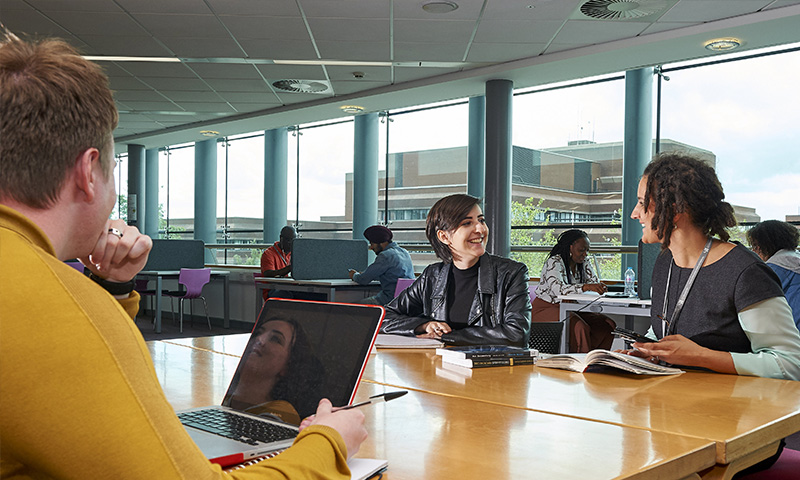Top 30 course in Guardian university league table rankings
93% of students were pleased with the teaching on their course (NSS, 2023)
The MArch Architecture Master’s degree at the University of Wolverhampton provides students with the skills and knowledge they need to pursue a career in architecture and built environment. Throughout this two year Master’s course, MArch Architecture students develop a comprehensive understanding of architecture and design. You'll get the opportunity to improve your architectural skills across a range of core areas, from architectural design principles and technology, to project management and professional practice.
Studying an architecture Master’s degree is a unique and rewarding experience. This postgraduate degree provides students with the opportunity to explore the latest developments in the industry, hone in on your technical skills and develop innovative solutions to today's design challenges.
The aim of this course is to continue to challenge you to explore further your creative design capabilities whilst exploiting traditional and modern technologies and materials for the development of the current and future Built Environment. Throughout your study, you will explore how Architecture can shape national and international communities and culture, including developing a deep understanding of the responsibility to create sustainable solutions.
The MArch Architecture course is taught by experienced industry professionals, who will help you develop your skills along the way with tailored, constructive support. The curriculum includes a combination of theoretical and practical studio-based projects. Upon completion, graduates have the knowledge and skills to take the next step in their careers.
Strengthen your design capabilities
The MArch Architecture Master’s will strengthen the design side which is currently running only at the undergraduate level. This course builds on existing undergraduate provision and will give exemption (subject to external validation) to Part 2 RIBA qualification procedure and in the future, to Part 3.
Top 30 in the country for architecture
We are proud to have risen in the Guardian University league table (2023) ranking by 17 places. This means we are now in the top 30 in the country for an Architecture Master’s degree!
Register your interest today to receive updates and more information about our (MArch) Architecture Master’s course.


/prod01/wlvacuk/media/departments/digital-content-and-communications/images-2024/240328-Varsity-Line-Up-Resized.jpg)
/prod01/wlvacuk/media/departments/digital-content-and-communications/images-18-19/220325-Engineers_teach_thumbail.jpg)
/prod01/wlvacuk/media/departments/digital-content-and-communications/images-2024/240404-Digital-Humanities-Training-Resized.jpg)
/prod01/wlvacuk/media/departments/digital-content-and-communications/images-2024/240320-Uzbekistan-Resized.jpg)
/prod01/wlvacuk/media/departments/digital-content-and-communications/images-2024/240229-The-Link-Resized.jpg)
/prod01/wlvacuk/media/departments/digital-content-and-communications/images-2024/240404-Pharmacy-Students-Resized.jpg)
.png)





